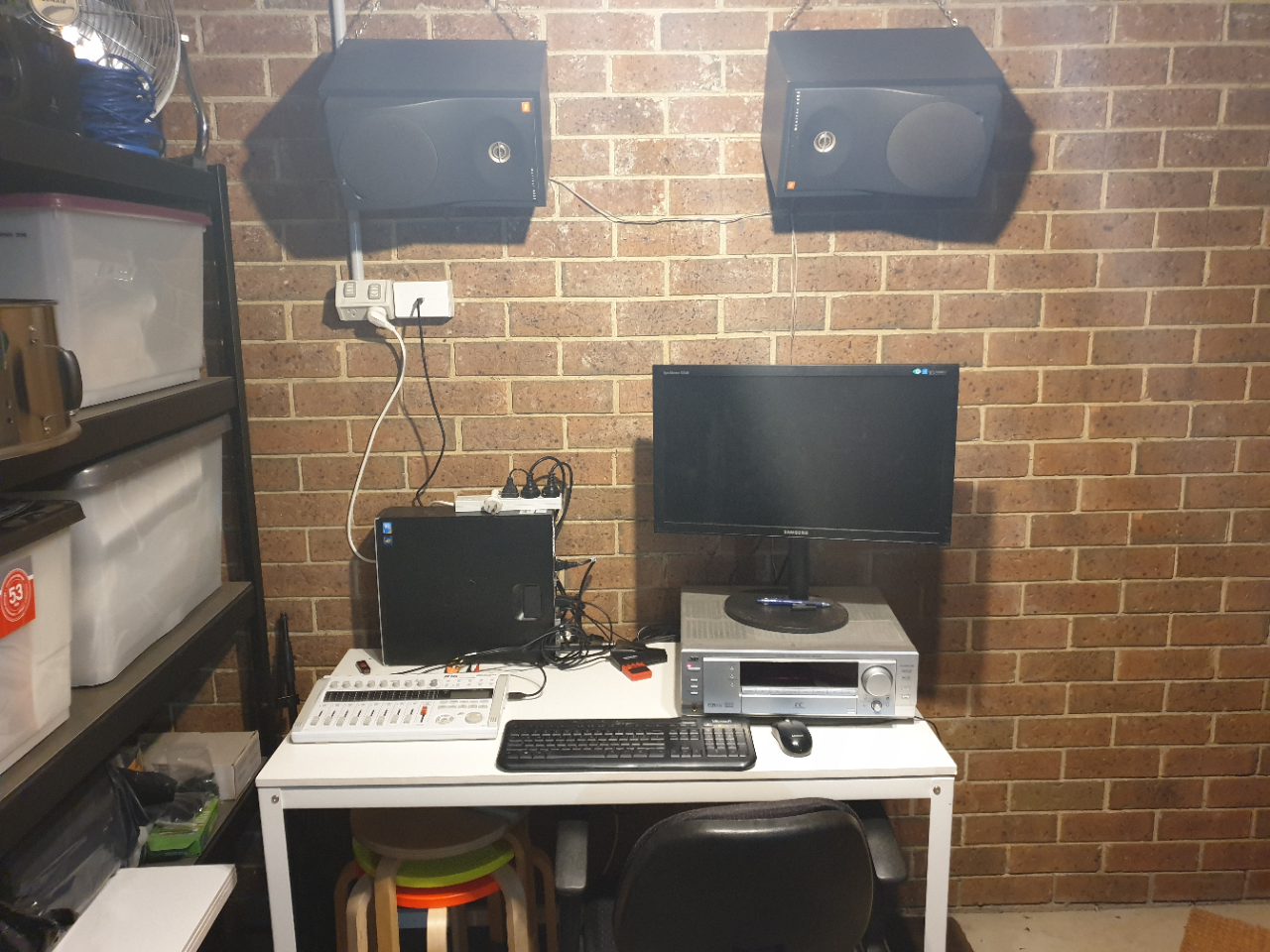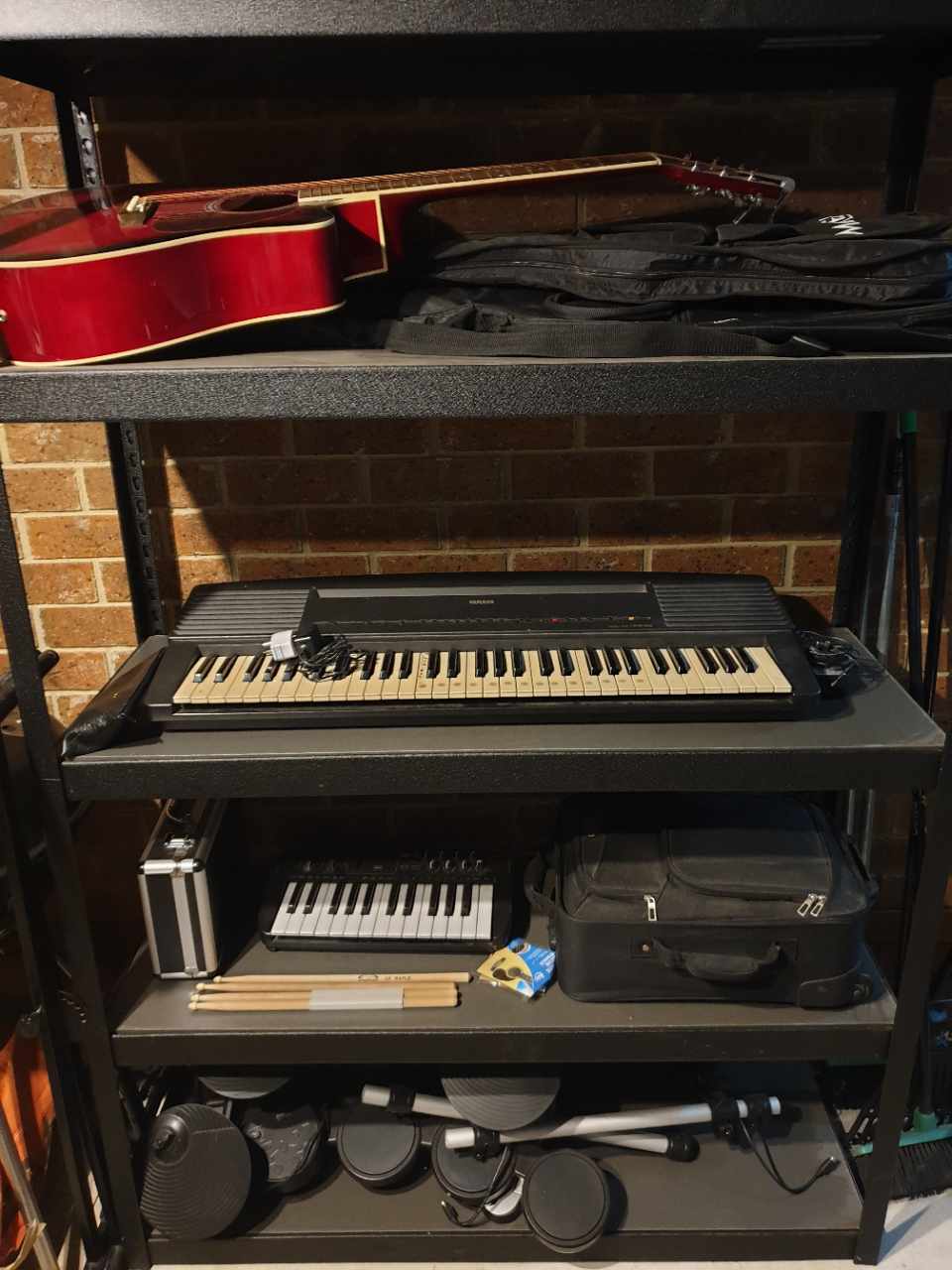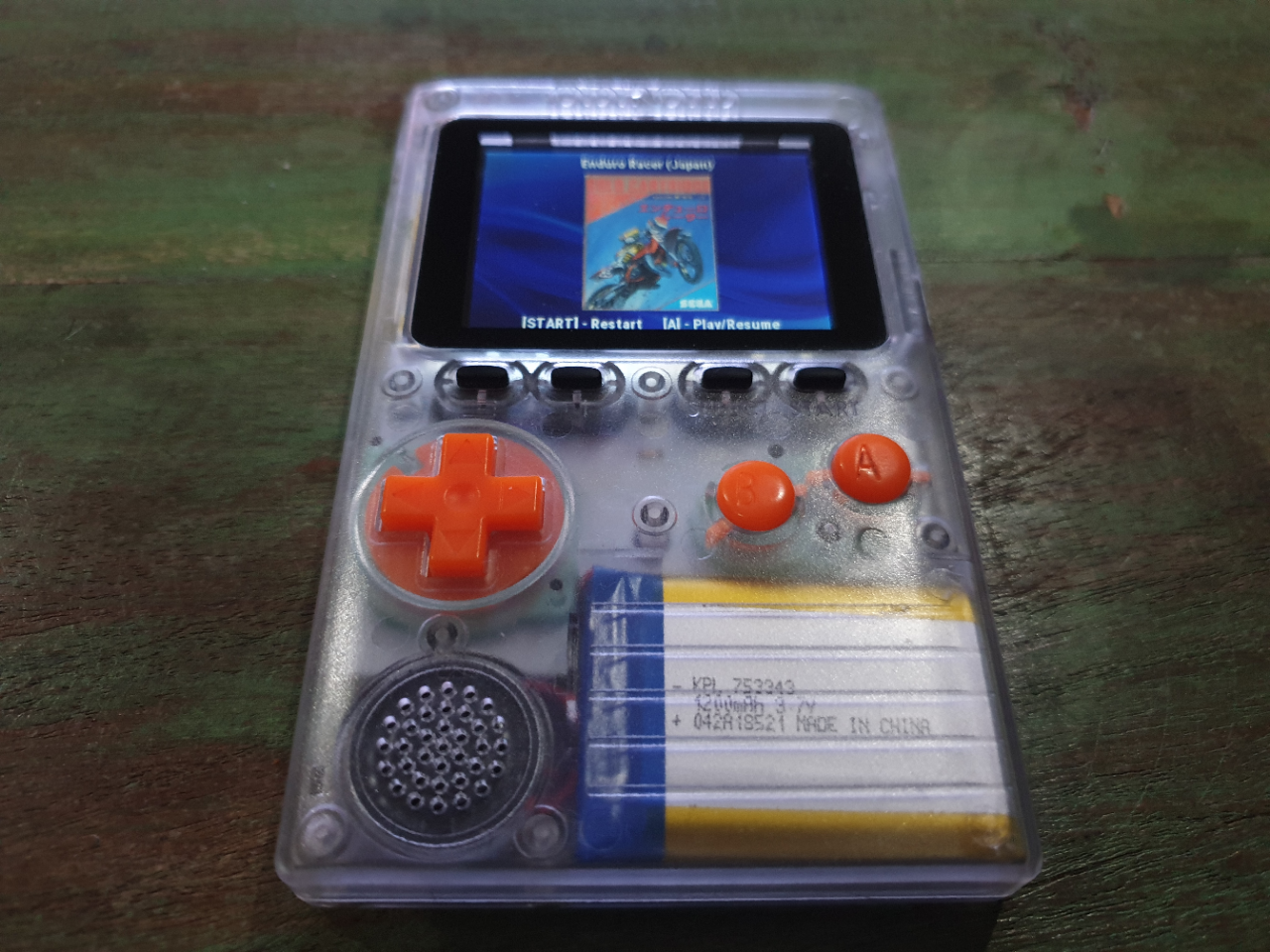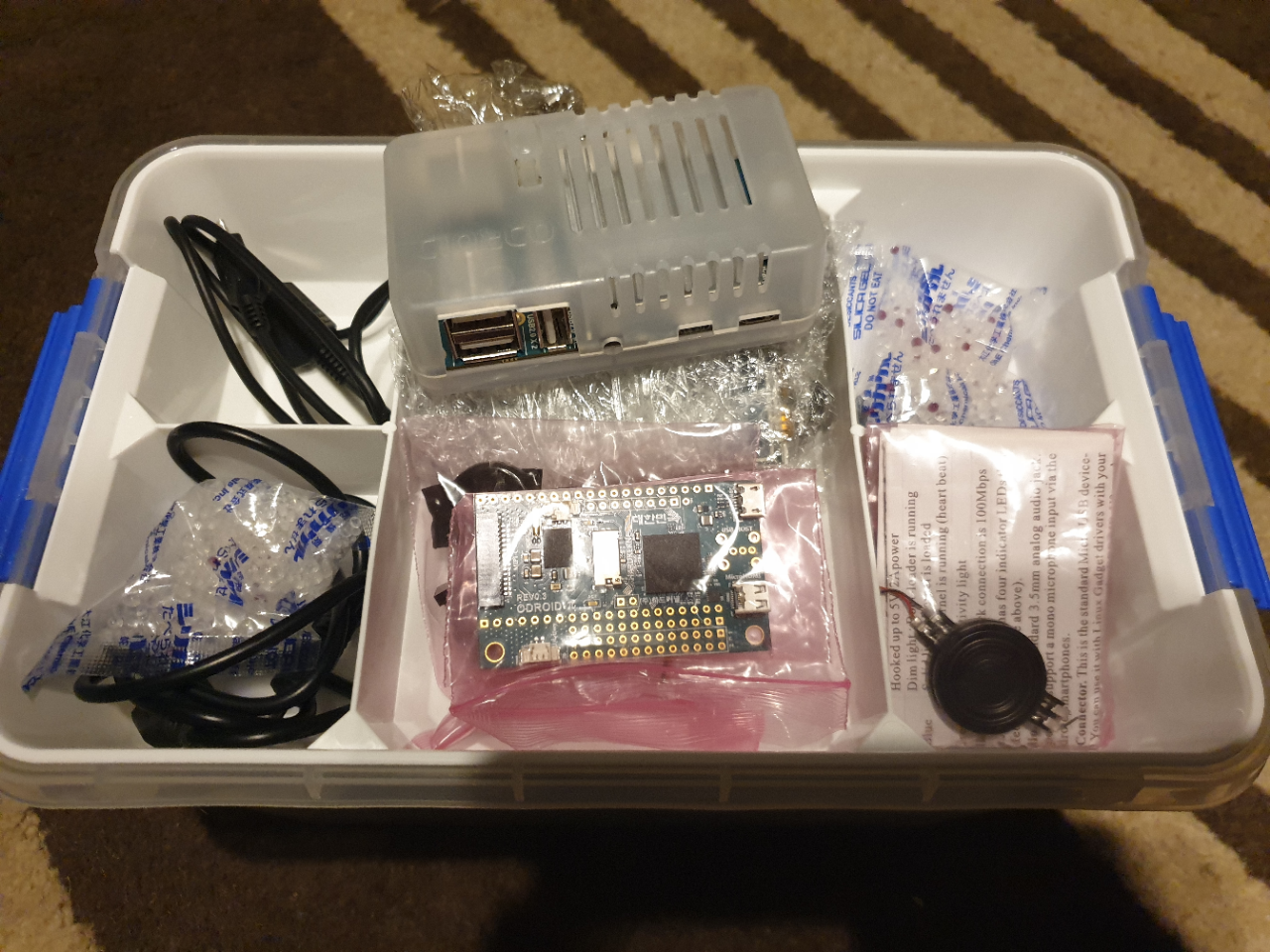
Please tell us a little about yourself. I'm from Australia, was born in the 1990s, and grew up in a small town a few hours away from the closest city. I didn't have access to much technology growing up, but managed to buy an Atari 2600 at a community swap meet, which was my first introduction to anything interactive. Since then, technology has certainly been a passion of mine.
I work as a solutions architect for a small IT firm in Australia, much closer to the city now that I'm older. I studied programming at university but dropped out to study film. I figured, if someone is going to critique my creative output, let them critique from an artistic standpoint! I have a partner who I've been with for a decade now who works in finance. They don't share my hobby for electronics, but at least they tolerate it.
How did you get started with computers? When I moved to the suburbs as a kid, my family didn't have the money for a computer, but I used to collect the price guides from every computer store in the area and asked constant questions at the local market of all the PC gear sellers. When I was 9, I put my first computer together from parts I pulled from hard-rubbish (council hard waste, a yearly collection of all your unwanted broken items). It was an IBM with a 20MB hard drive (just enough space to install Commander Keen) with a Matrox card that worked every third boot.
What attracted you to the ODROID platform? I've always enjoyed tinkering, and honestly the price vs performance of my first was the biggest draw.
How do you use your ODROIDs? I’ve got a XU3, which is currently acting as the brain for my ducted heater system. My Odroid-W is burning a hole in a box and makes me guilty every time i look at it. My Odroid-Go is doing a pretty great job of serving the purpose intended for my Odroid-W however.


Which ODROID is your favorite and why? It has to be the Odroid-Go. When i got older and got a little money of my own, the Gameboy Pocket was one of the first things I got my hands on. The Go is a wonderful nostalgia trip without the incredible price tag that all those AAA batteries ended up being.

What innovations would you like to see in future Hardkernel products? I love to see small, energy efficient systems. I was always fascinated when people managed to get incredibly complex programs or functions running on hardware that, by all rights, shouldn't have been capable. I honestly think we live in a golden age where the capabilities of our hardware far outweigh our abilities to efficiently utilise them so in many ways, that we've grown lazy in our programming. Seeing the things people do on embedded systems gives me a lot of hope.
What hobbies and interests do you have apart from computers? I'm pretty passionate about music, I built a studio in my garage and tend to stay in there during holidays to pluck or drum away.

What advice do you have for someone wanting to learn more about programming? Just keep at it. Programming is a double-edged sword. It's about learning logical rules and how to apply them, but also requires you to think laterally and be creative to solve the problems you run into. On the one hand, it’s just like learning a new language, while on the other hand, being asked to write poetry with the new language's expressive nuance in mind. You never get good by regretting you did more of something, but you can be incredibly satisfied by even the smallest accomplishment.

Be the first to comment